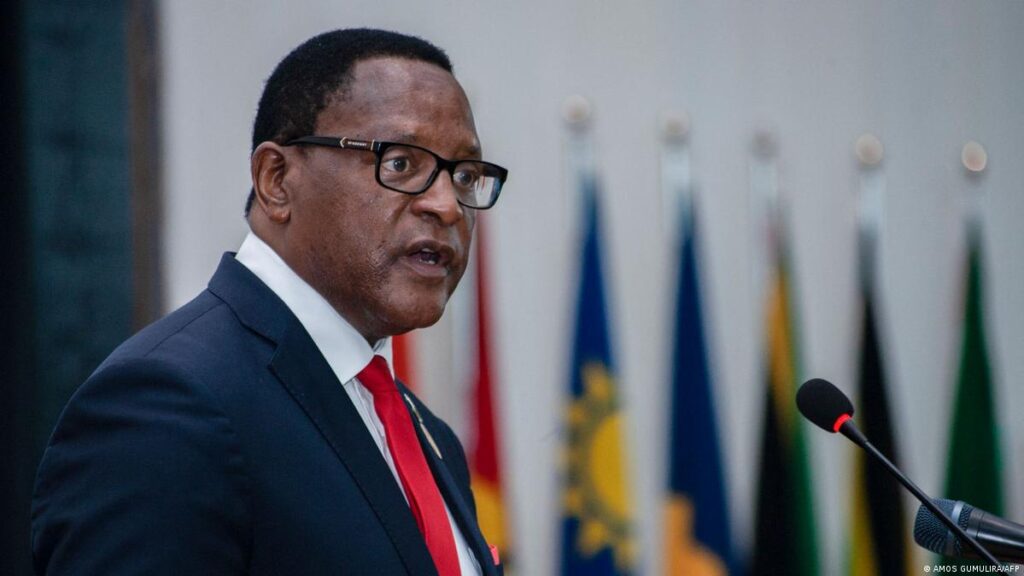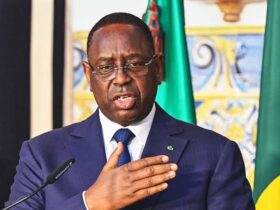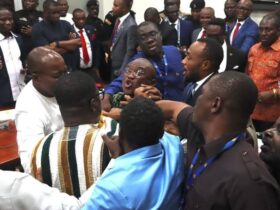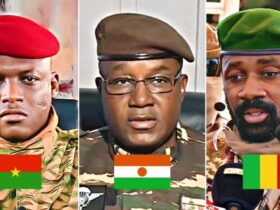
In a bold move to stabilize the nation’s troubled economy, Malawi’s President, Lazarus Chakwera, has implemented a suspension on all international travel for both himself and his government, aiming to cut expenses.
The decision comes in response to a significant devaluation of the country’s currency, coinciding with Malawi securing a loan from the International Monetary Fund (IMF) to address its economic challenges.
The president, facing economic challenges exacerbated by a recent currency devaluation and seeking financial aid from the International Monetary Fund (IMF), has suspended all international travel for himself and his government.
President Chakwera’s decision, aimed at cutting costs, includes the immediate recall of ministers currently abroad and a 50% reduction in fuel allowances for senior government officials. The country has been grappling with a severe shortage of petrol and diesel, coupled with high inflation.
In a televised address, President Chakwera emphasized that these measures will remain in effect until the end of the financial year in March 2024. Similar austerity measures were previously announced during the COVID-19 pandemic but had limited impact due to lax enforcement.
READ MORE:Emefiele To Stand Trial for Alleged Economic Sabotage Today
In an effort to alleviate the burden on citizens, the president has instructed the finance minister to incorporate a reasonable wage increase for all civil servants in the upcoming budget review. Additionally, there will be a lowering of income tax on individuals to support workers whose incomes have depreciated.
The IMF has approved a crucial four-year credit facility totaling $174 million (£140 million) shortly after Malawi’s central bank devalued the kwacha by 44%. Analysts speculate that the currency devaluation may have been a prerequisite for securing the IMF credit facility.

However, concerns linger that the devaluation could lead to a surge in prices, potentially exacerbating the financial challenges faced by Malawians, reminiscent of a decade ago.
Authorities attribute the economic downturn to external factors, including a devastating cyclone earlier this year and the ongoing war in Ukraine. As Malawi grapples with these challenges, the nation awaits the impact and effectiveness of the newly implemented austerity measures.








Leave a Reply